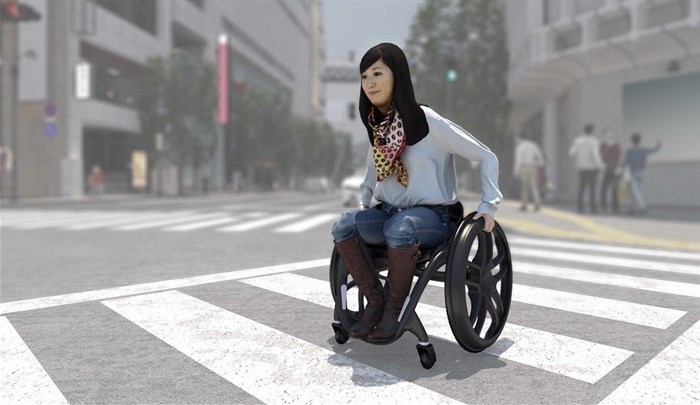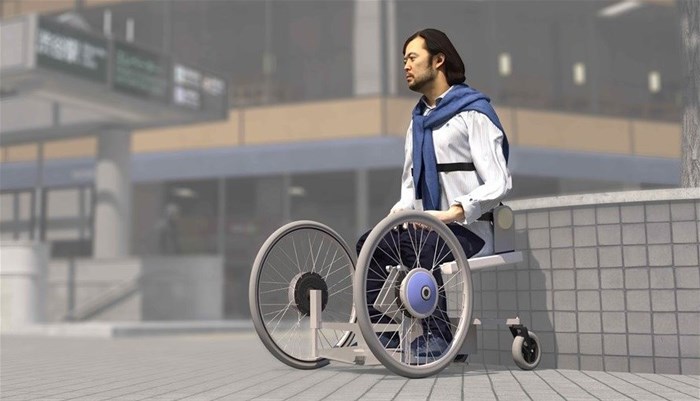Mobility Unlimited Challenge finalists announced
The challenge invited engineers, innovators, and designers from across the world to submit designs for game-changing technologies, incorporating intelligent systems, to improve the mobility and independence of people with lower-limb paralysis.
Central to the challenge is the importance of collaboration with end-users to develop devices which will integrate seamlessly into users’ lives and environments, while being comfortable and easy to use, enabling greater independence and increased participation in daily life.
Each of the five finalists will receive a grant of $500,000 to develop their concept further, with the final winner of the challenge receiving $1 million in Tokyo in 2020.
Finalists
The five finalists are:


A total of 80 entries were received from specialist teams in 28 countries globally, the University of Pittsburgh’s Human Engineering Research Laboratories (HERL) led the assessment of the entries, and the finalists were chosen by a panel of expert judges.
Dr. Eric Krotkov, chief science officer at Toyota Research Institute and one of the judges, stated, “There are so many technological opportunities to explore approaches to alleviate challenges stemming from lower-limb paralysis. A competition like the Mobility Unlimited Challenge gets innovators to focus on the same problem to identify something of great common interest that serves society. I am excited by these finalists who have a breadth of technical approaches - wheelchairs, orthotics, braces, exoskeletons. I look forward to seeing how they will take these devices out of their conceptual stage to help our end users.”
Further mentoring
In addition to the $500,000 grant, the finalists will attend tailored workshops, receive mentoring opportunities with engineering experts, and collaborate with end users to further the development of their concepts through to 2020.
Ryan Klem, director of programs for Toyota Mobility Foundation commented, “These five finalists have shown real innovation driven by human-centred design. We think that the technology incorporated in these devices could change the lives of a huge number of people around the world, not just for people with lower-limb paralysis, but also those with a wider range of mobility needs. It will be fascinating to follow the teams’ journeys and see how the $500,000 grant will help them develop their ideas to bring to market and get them into users’ hands.”
For more, go to toyotamobilityfoundation.org and www.nesta.org.uk

























